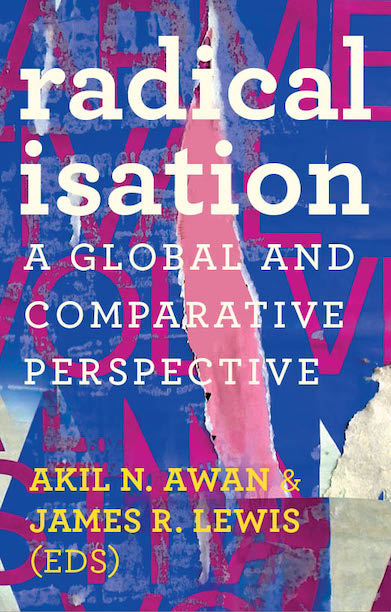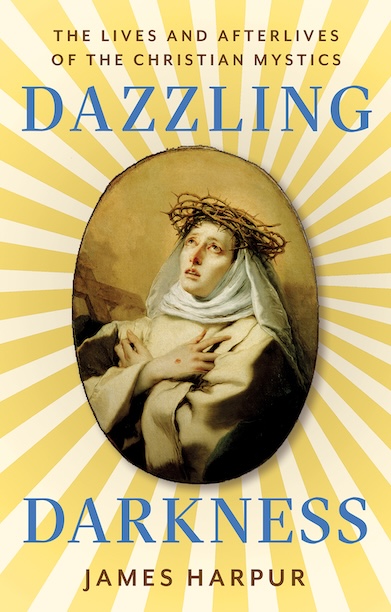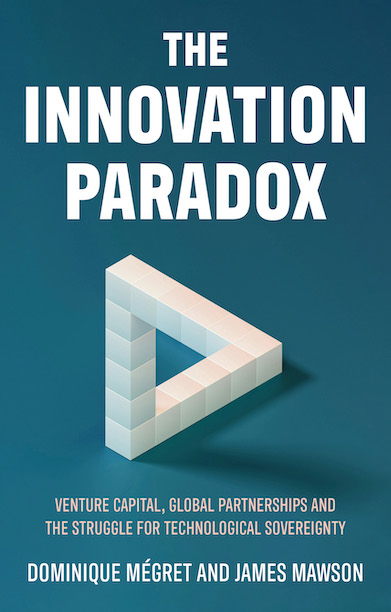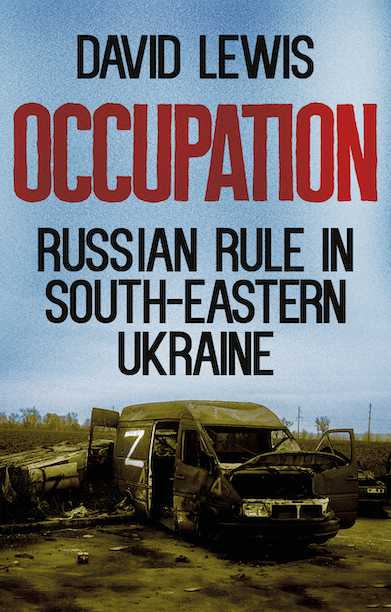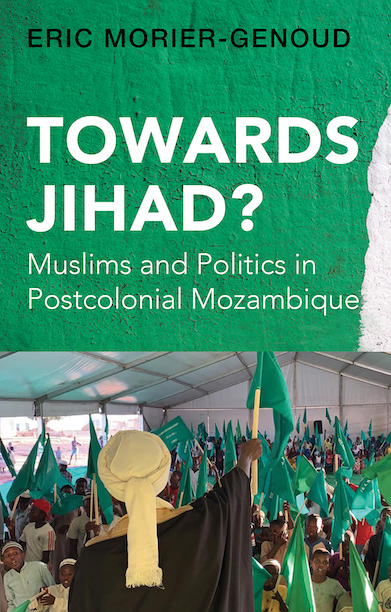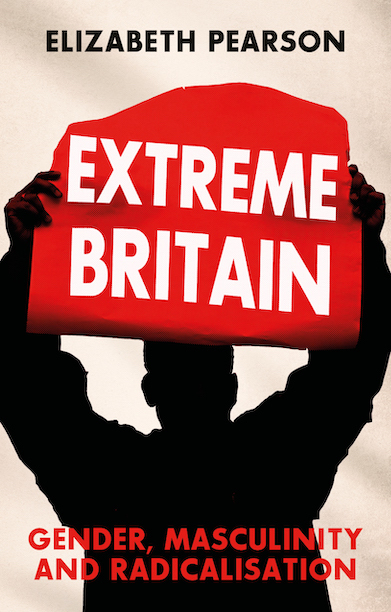Radicalisation
A Global and Comparative Perspective
A comparative, multidisciplinary interrogation of how people across the world become extremists of all kinds, and how different scholarly fields study and theorise this process.
Description
Radicalisation has become an important part of the twenty-first-century security and political landscape. It is a seemingly ubiquitous term, employed by academics, policymakers, civil society actors, practitioners and media alike, in ever-expanding ways—describing everything from changing domestic social movements to the growth of international terrorism. This volume provides a comprehensive treatment of ‘radicalisation’: the processes during which individuals or groups adopt increasingly extreme political, social or religious beliefs, positions or aspirations, particularly in cases associated with the use of violence. Adopting a multifaceted and comparative approach, the contributors interrogate this phenomenon from wide-ranging social, ideological, religious and historical angles.
The first part of the book explores how academia has engaged with the concept of radicalisation, including the ontological and epistemological concerns of Critical Terrorism Studies; theoretical models for understanding radicalisation; and approaches to radicalisation through the various lenses of identity, gender, youth and media. The second part explores manifestations of radicalisation through a range of diverse case studies, including the Falun Gong movement; Aum Shinrikyo; Far-Right trans-nationalism; white nationalist lone wolves and the ‘Great Replacement’ thesis; ISIS and Western jihadists; deradicalisation programmes; hero myths; the Extreme Right in Eastern Europe; and the dark side of globalisation.
Reviews
‘Radicalisation is a first-class, innovative and highly constructive study of one of the most important issues relating to extremism, with insights from the top names in the field. This book is a must-read for anyone interested in the topic.’ — Michelle Bentley, Director of the Centre for International Security, Royal Holloway, University of London
‘An in-depth and up-to-date account of some of the ongoing challenges and concerns relating to radicalisation. Original and bold in its scope, this volume will be one of the most important in the field.’ — Tahir Abbas, Professor of Radicalisation Studies, Institute of Security and Global Affairs, Leiden University
‘This wide-angled book offers a welcome pluralistic and global perspective on the concept of radicalisation. It is destined to become essential reading for scholars and students interested in the multiple ways radicalisation has been deployed in public and academic discourse.’ — Sarah Marsden, Senior Lecturer, Handa Centre for the Study of Terrorism and Political Violence, University of St Andrews
‘Presenting a range of international case studies and taking a critical approach, the authors provide authoritative accounts of their chosen topics. An original and welcome contribution to the literature.’ — John Morrison, Assistant Professor in Criminology, Maynooth University, and co-editor of Radicalization and Deradicalization: Processes and Contexts
Editor(s)
James R. Lewis was Professor of Philosophy at Wuhan University and a much-published scholar of New Religions and Religion & Terrorism.
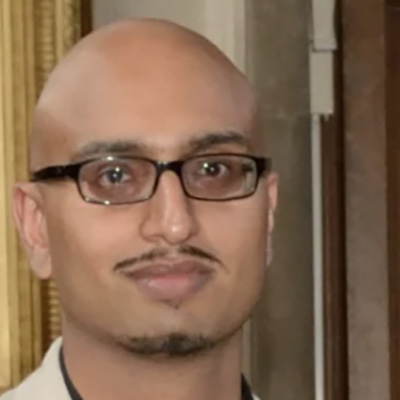
Akil N. Awan is Associate Professor of Modern History and Terrorism and Director of the Conflict, Violence and Terrorism Research Centre at Royal Holloway, University of London.
